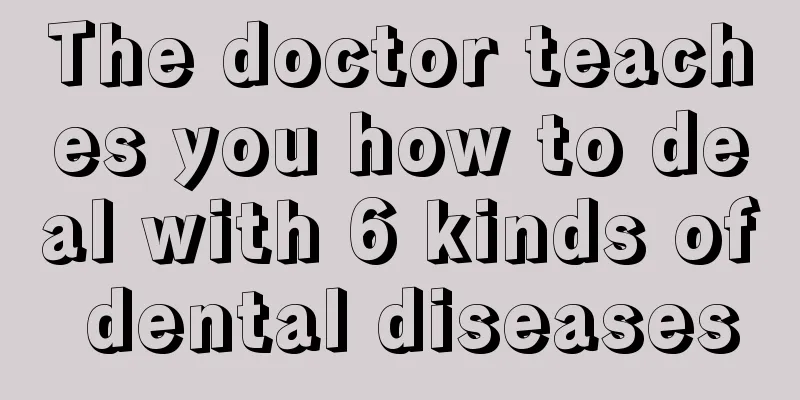What are the symptoms and characteristics of prostate cancer

|
What are the symptoms of prostate cancer? The incidence of prostate cancer increases with age, with the peak age being 70 to 80 years old. It is one of the most common malignant tumors of the male genitourinary system. Knowing more about the symptoms of the disease can help early detection and early treatment. So, what are the symptoms of prostate cancer? Prostate cancer often has no symptoms in its early stages. As the tumor progresses, the symptoms caused by prostate cancer can be summarized into two categories: 1. Compression symptoms The gradually enlarged prostate gland compresses the urethra and can cause progressive dysuria, which is manifested as thin urine stream, short range, slow urine flow, interrupted urine flow, dripping after urination, incomplete urination, and labored urination. In addition, there are frequent urination, urgency, increased nocturia, and even urinary incontinence. Tumor compression of the rectum can cause dysuria or intestinal obstruction, and can also compress the vas deferens to cause lack of ejaculation, and compress the nerves to cause perineal pain, which can radiate to the sciatic nerve. 2. Metastatic symptoms Prostate cancer can invade the bladder, seminal vesicle, and blood vessels and nerve bundles, causing hematuria, hematospermia, and impotence. Pelvic lymph node metastasis can cause edema of both lower limbs. Prostate cancer is often prone to bone metastasis, causing bone pain or pathological fractures and paraplegia. Prostate cancer can also invade the bone marrow and cause anemia or a decrease in the whole blood count. As prostate cancer progresses, patients will experience systemic symptoms, such as pain. Long-term pain will affect the patient's diet, sleep, and spirit, making the patient's overall condition increasingly weak, followed by weight loss and fatigue, progressive anemia, and eventually developing cachexia or renal failure. Finally, we need to remind everyone not to be afraid of cancer. With the continuous improvement of modern science, it is still possible to coexist with cancer. Whether you have a tumor or not, you need to maintain a healthy mentality, eat and live in a scientific and healthy way, and take some Chinese medicine to prevent tumors. Apply scientific methods to stay away from tumors and defeat tumors. |
<<: What medicine is good for removing fibroids
>>: What are the diagnostic criteria for fibroids
Recommend
What to do if oral inflammation causes ulcers
Sometimes when you get angry, it is easy to cause...
What lifestyle factors are related to nasopharyngeal cancer
Nasopharyngeal cancer is a malignant tumor in the...
Can naturally dark skin become white?
Each of us is born with a different skin color. S...
What are the dangers of sinus arrhythmia
Sinus arrhythmia is mainly manifested as sinus ta...
Can you eat too many dried persimmons?
Some people stay away from persimmon cakes, while...
What will happen if you don't squeeze out the pimples
Many adolescent boys and girls may have the probl...
What are the methods to treat knee pain caused by bent legs?
Bent knees and knee pain are very common phenomen...
There's a big purple patch on my thigh
There are many reasons for a large purple area on...
How to treat recurrence of liver cancer after liver transplantation
If liver cancer recurs after liver transplantatio...
What is the reason for sudden nosebleed
Although nosebleed is a common phenomenon in life...
The first sputum in the morning is brown
When there are toxins in our body, many abnormal ...
About Endometrial Cancer
Various types of cancer occur around us in life, ...
Anus protrudes when going to the toilet
Protrusions from the anus during bowel movements ...
What are the prescriptions for treating high blood pressure?
Hypertension is one of the most common diseases n...
There are small particles in the anus
With the improvement of living standards, people&...









